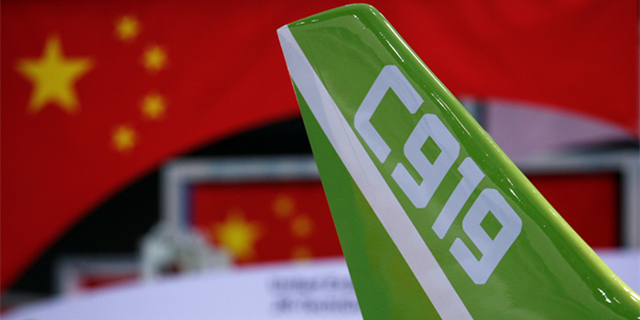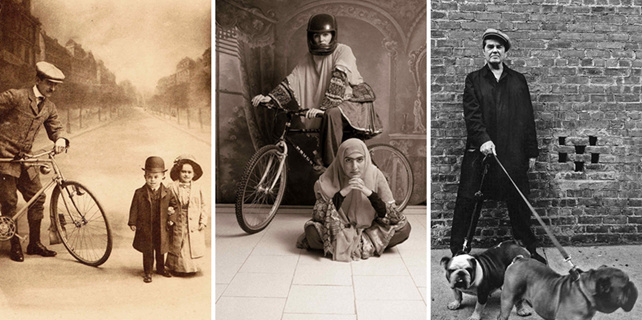A special multinational zone of prosperity and productivity
 |
|
Female employees leave the Sihanoukville Special Economic Zone after work. [Photo provided to China Daily] |
After 10 years of construction, the Sihanoukville Special Economic Zone in the southern coastal city in Cambodia has attracted 109 companies and changed the lives of local people.
The SEZ, jointly developed by the Cambodian and Chinese governments, is about a four-hour drive from Phnom Penh, the country's capital. It covers an area of 11.13 square kilometers. Companies from China, the United States, France and Japan have established 148 manufacturing plants that produce products from clothing to electronics.
It now has 160 well-organized plants, service centers, dormitories, markets and large sewage treatment plants.
"It's not easy for small and medium-sized companies to set up camps overseas," said Zhou Haijiang, president of Hodo Group in China's Jiangsu province, one of the developers of the zone.
He said: "But their chances of success will increase greatly if they choose to cooperate with the zone, which not only offers advice on various kinds of policies, but also helps with hiring workers.
"The zone provides what we called 'one-station service' to companies unfamiliar with local laws, policies, cultures and languages. We often provide language and skill classes to train qualified workers for the companies."
According to Zhou, the companies setting up plants in the zone will be exempted from import and export duties and business income tax. Their products can be directly exported to ASEAN and many European countries.
The SEZ not only helps enterprises reduce their costs of raw materials and labor, but also offers jobs to local residents.
More than 16,000 locals are now working in the zone, which accounts for 95 percent of the total employees in the area. About 300 companies are expected to set up plants in the zone in the near future, which will help create 80,000 to 100,000 jobs in all.
Sonai, 50, a local farmer and father of seven daughters, belonged to one of the poorest families living near the zone. His girls used to help him in farming before the zone started to employ local people. Now three of his daughters work at the zone and earn more than $1,500 a year.
"We've constructed a two-story building, bought glass tables and wooden beds," said Sonai. "We can buy proper food and send some children to school now."
The process of constructing the zone turned out to be more difficult than people had imagined. Back in 2007, there was no water, electricity or road when the zone's construction started.
"Local people mainly relied on farming and cattle breeding," said Dai Yue'e, vice-chairman of Sihanoukville SEZ Co. "Most families earned less than $300 a year."
To earn the trust of the locals, the pioneers of Hodo promised them that they would earn $300 in three months at most, and they kept their promise.
Now more than 70 percent of the local families have members working at the zone. Some locals even voluntarily teach the neighbors Chinese to find better jobs.
By now, about 23,500 locals have participated in the Chinese courses offered by the zone.
Also, Sihanoukville SEZ Co donates to the Red Cross of Cambodia every year, builds roads for the locals, and sends poor children to receive education.
Wuxi city, where Hodo Group is based, has established a sisterhood relationship with Sihanoukville city. Jiangsu province has signed a memorandum of friendship and cooperation with the province of Sihanoukville.
Hodo Group has been designated by the State Council as one of the 120 pilot enterprises for deepening reforms. As a leading enterprise in manufacturing and global trade, its sales reached 50.3 billion yuan ($7.3 billion) in 2015.









